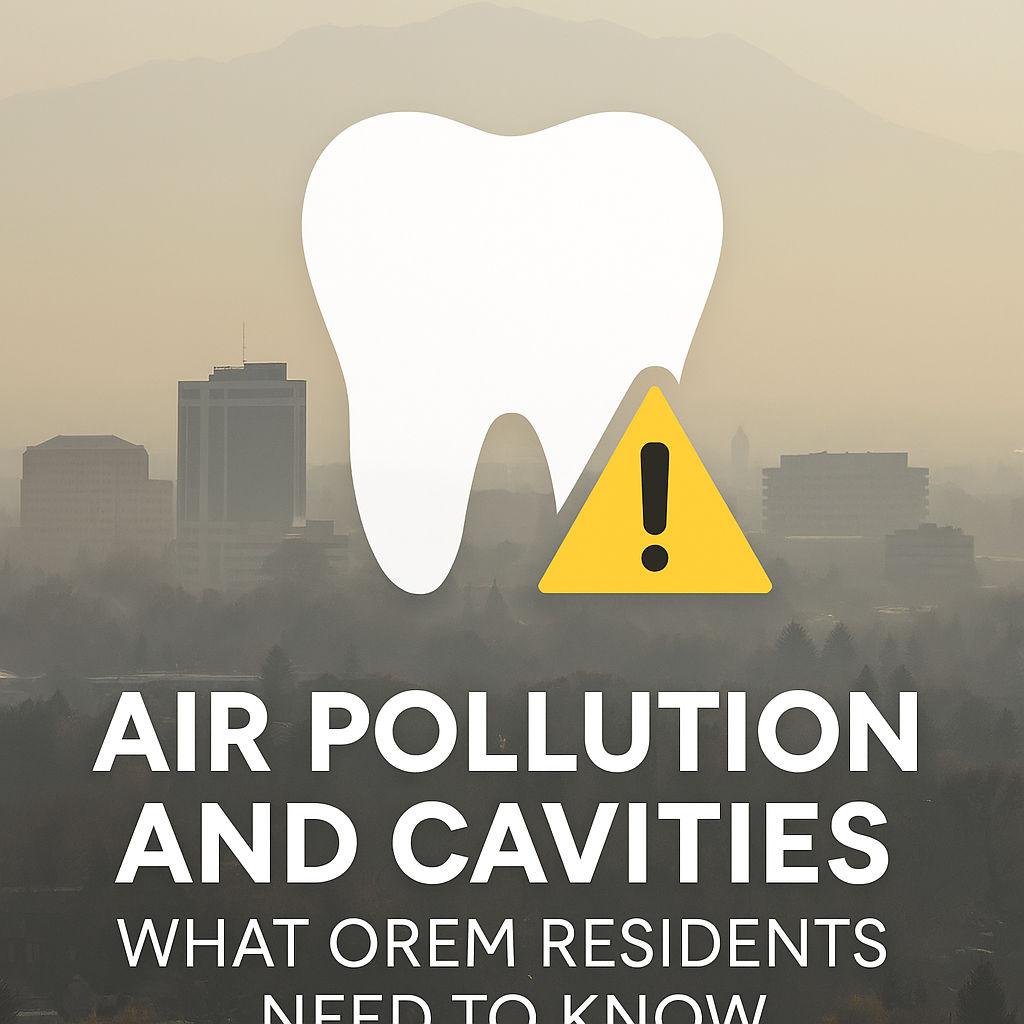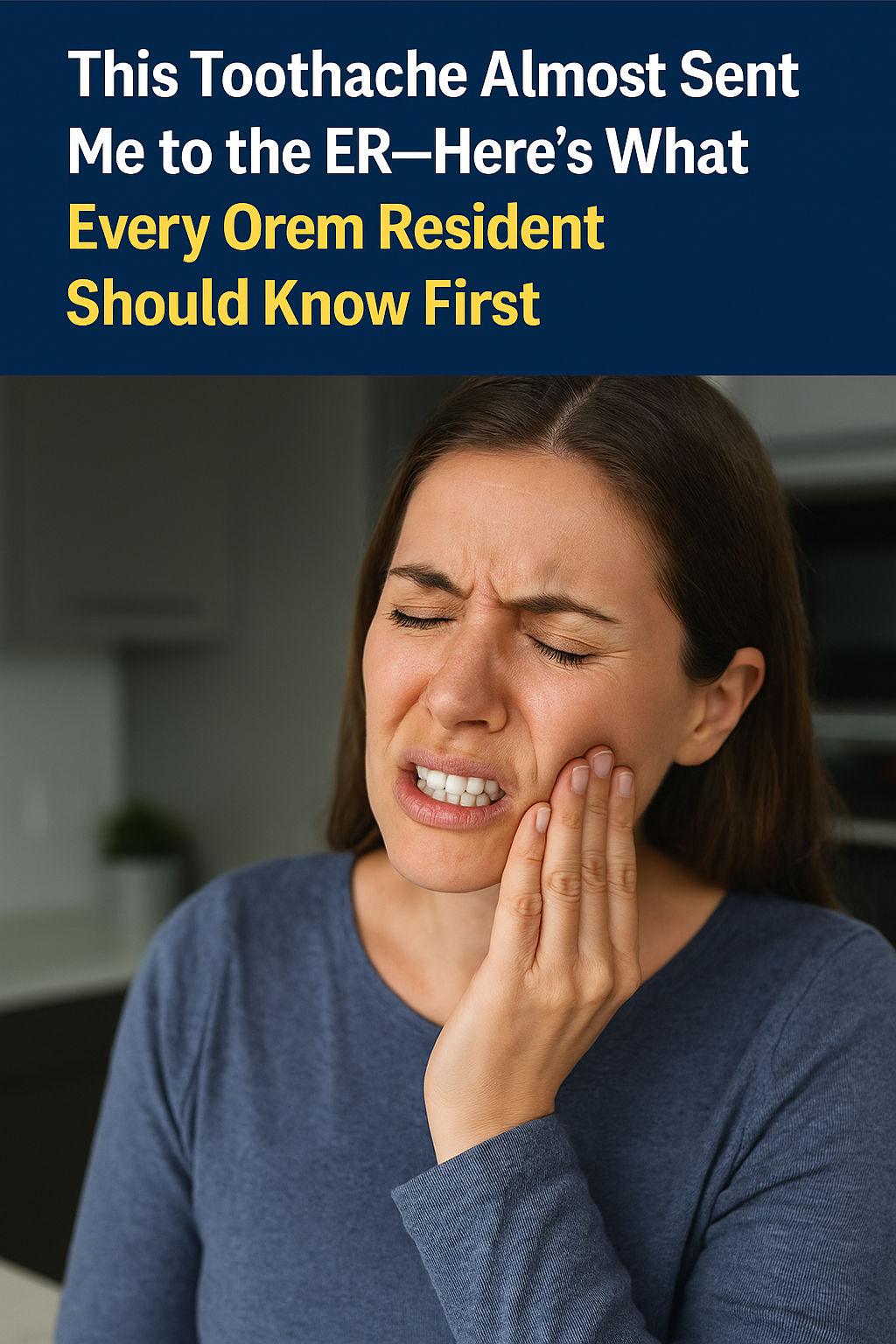Dental bridges are a popular solution for replacing missing teeth, restoring both function and aesthetics to your smile. However, like natural teeth, dental bridges require regular care and maintenance to ensure their longevity and effectiveness. In this blog post, we’ll explore the best practices for taking care of your dental bridges, helping you preserve your smile for years to come
1. Maintain Excellent Oral Hygiene:
Just like natural teeth, dental bridges require diligent oral hygiene to prevent decay and gum disease. Brush your teeth twice daily with a soft-bristled toothbrush and fluoride toothpaste, paying special attention to the areas around the bridge. Additionally, flossing or using interdental brushes is essential for removing plaque and debris from between the teeth and under the bridge.
2. Use Specialized Cleaning Tools:
In addition to regular toothbrushes and dental floss, consider incorporating specialized cleaning tools into your oral hygiene routine. Proxy brushes, dental picks, or water flossers can help clean hard-to-reach areas around the dental bridge and underneath it, ensuring thorough plaque removal and gum health.
3. Be Mindful of Dietary Choices:
While dental bridges are durable, certain dietary habits can increase the risk of damage or deterioration. Avoid chewing on hard foods, ice cubes, or non-food items that could potentially dislodge or fracture the bridge. Additionally, limit the consumption of sugary and acidic foods and beverages to prevent decay around the bridge margins.
4. Attend Regular Dental Checkups:
Regular dental checkups are crucial for monitoring the health of your dental bridges and addressing any issues promptly. Your dentist will examine the integrity of the bridge, assess the surrounding gums and teeth, and provide professional cleaning to remove tartar and plaque buildup. Early detection of problems can prevent complications and extend the lifespan of your dental bridges.
5. Protect Against Teeth Grinding:
If you have a habit of teeth grinding or clenching, known as bruxism, it’s essential to protect your dental bridges from excessive forces. Your dentist may recommend wearing a custom-made nightguard while sleeping to prevent damage to the bridge and surrounding teeth. Additionally, stress-reducing techniques and lifestyle modifications can help alleviate bruxism symptoms.
Taking care of your dental bridges is vital for maintaining a healthy, beautiful smile. By following these tips for proper oral hygiene, dietary choices, and regular dental visits, you can ensure the longevity and effectiveness of your dental bridges for years to come. Remember, a little care goes a long way in preserving your oral health and overall well-being.





